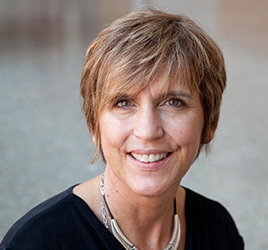Michelle E. Visio, Ph.D.
Professor of Psychology, Missouri State University
Tchicaya Ellis Robertson, Ph.D.
Thought Leadership Senior Principal, Accenture
Alan Goodwin, Ph.D.
Licensed psychologist, California
Leena Batra, Ph.D.
Psychologist with Integrative Psychotherapy for Women, PLLC
Laura Mastrangelo-Eigel, Ph.D.
Chief Learning Officer, YPO (Young Presidents' Organization)
Gigi Awad-Cokley, Ph.D.
Associate Professor, University of Texas at Austin
Stephanie O'Kane Swindler, Ph.D.
Senior Principal Behavioral Research Scientist, Northrop Grumman
Meghan Lowery, Ph.D.
Global Assessment/Workforce Research Scientist, Eli Lilly and Company
Nicole Cundiff, Ph.D.
Associate Professor and Business Administration Program Director, University of Alaska Fairbanks
Joel Nadler, Ph.D.
Associate Professor of Psychology, Southern Illinois University Edwardsville, Director of I/O Psychology Program
Daniel Nguyen, Ph.D.
Sr. Workforce Data Scientist at XPO Logistics
Seth Berry Ph.D.
Assistant Professional Specialist, Mendoza College of Business, University of Notre Dame
Dawn M. Ohse, Ph.D.
Applied Psychologist, RTI International
Gargi Bhattacharya, Ph.D.
Manager, Leadership Development Research, Global Employee Relations, Accenture.
Sean Cameron, Ph.D.
People Analytics
Bridget O'Mera, M.S.
Consultant, APTMetrics
Declan O. Gilmer, M.S.
MS - PhD student-I/O Psychology, University of Connecticut
Ellen Smith, M.S.
Institutional Research Analyst, University of Alabama at Birmingham










